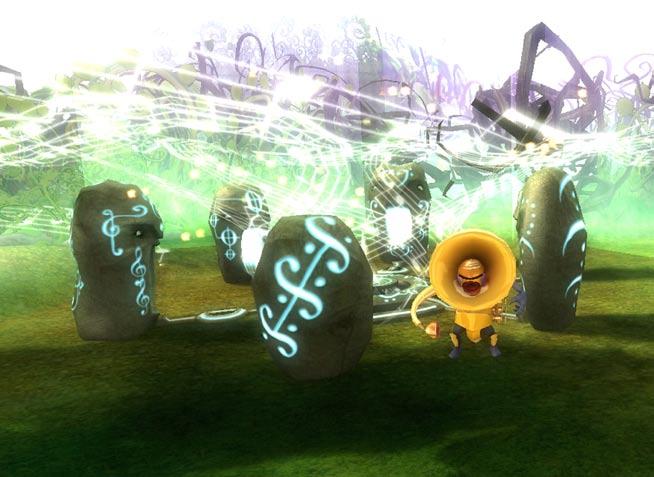For decades, Danish game developers dwelled in the same place as game developers in most countries: on the edge of the mainstream and far from any cultural-political interest. Game designers generally were left to fend for themselves under tough market conditions – especially tough for those who wanted to develop games with specific appeal to Danish audiences. In recent years, however, that’s all changed.
The Danish hit game Hitman may have added some leverage to the political backing of video games in Denmark
ONE COMBINED EDUCATION
In 2005, representatives of a long line of educational institutions convened at the National Film School of Denmark to found an interdisciplinary game education, DADIU – the Danish Academy of Digital, Interactive Entertainment.
The initiative was humble and ambitious at once. Humble, because it stuck to existing educations and structures. And ambitious, because it aimed to coordinate nine different learning institutions, in close partnership with the industry.In practice, students follow a special DADIU curriculum at their separate institutions, meeting for two collaborative productions, in Copenhagen and Aalborg, respectively. ‘Collaborative productions’ is actually a bit of a euphemism. In fact, these are intense, highly ambitious labour camps, where students – over the course of a single sleep-deprived month – have to overcome disciplinary differences, get production crews up and running and produce finished, playable products.
Considering the heavy focus on productivity, it’s no surprise that the games industry has welcomed DADIU so warmly. As DADIU coordinator Kristine Ploug points out, the industry’s requirements and desires are central to the design of the academy’s structure. “The initiative specifically emerged as a joint desire from the universities and the industry, and industry representatives are closely affiliated with the programme as evaluators,” Ploug says.
STATE-FUNDED GAMES
The first Danish subsidy scheme for video games was born in 2007. Housed at the Danish Film Institute, the scheme is awarding approx 1.6 million euros over two years to promising game products for children. Grants are awarded toward finishing prototypes or demos – not, presently, toward finishing actual games. Simon Løvind, the scheme’s games editor, stays in close touch with the applicants. The starting phase is often critical, he says.
“Early development is extremely difficult for many developers, because there are very few willing investors at that point,” Løvind says. “Our grants can help developers take the first difficult steps and later they will serve to document a project’s quality.”
"Hitman: Code Name 47" from 2000, a milestone in Danish video game development
WHY NOW?
The medium of video games would seem to have gained markedly increased political backing in Denmark. Why, is harder to pinpoint. Kristine Ploug of DADIU describes it as a mix of trends, coincidence and dovetailing interests.
“Converging discussions were taking place across quite different institutions, culminating in the founding of DADIU in January 2005 – at the same time that the EU was becoming aware of the value of ensuring European culture in video games,” Ploug says. The Danish 2000 hit game Hitman may also have added some leverage. On the one hand, it proved that Danish games could be a lucrative export good. On the other hand, Hitman’s bald-headed assassin protagonist clearly indicated that the market on its own was no guarantee of constructive role models or childfriendly, Danish-language content.

